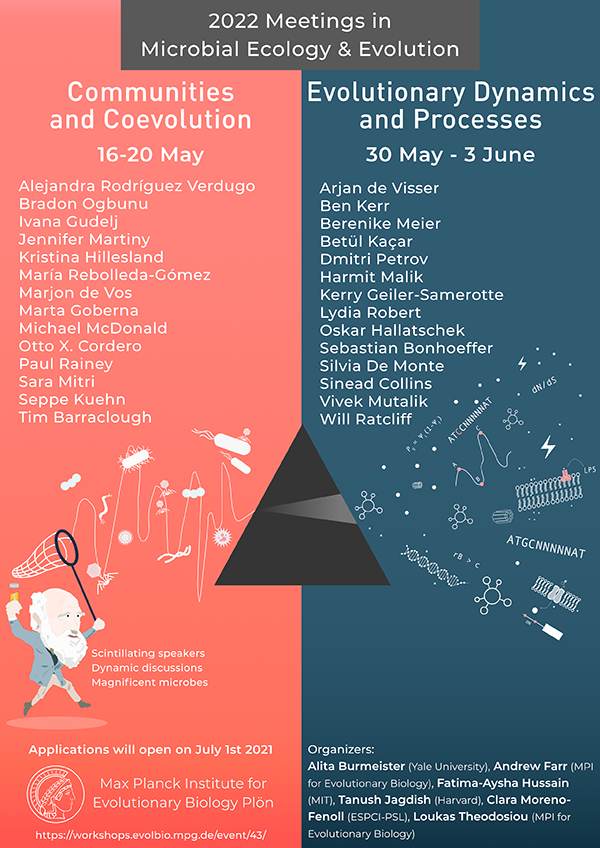Speaker
Description
Gisela T. Rodriguez1,4, Barbara Huber1,3, 4, Alejandra Melfo2, Luis D. Llambi3 and Kristin Saltonstall4 1Laboratorio de Microbiología Molecular y Biotecnología, Universidad de los Andes, Mérida, Venezuela. 2Centro de Física Fundamental, Universidad de Los Andes, Mérida, Venezuela. 3Instituto de Ciencias Ambientales y Ecológicas, Universidad de Los Andes, Mérida, Venezuela. 4Smithsonian Tropical Research Institute, Naos, Panama.
Glacial retreats represent a unique opportunity to study primary successional processes. The new-exposed rock is a new material for the assembly of a new ecosystem. Soil formation after the glacial retreat is strongly influenced by plant colonization, but this colonization depends on nutrient availability. An ongoing project in the forefront of the last Venezuelan glacier has established a chronosequence of four sites where the glacier retreated between 1910 and 2009. Recent results show a slow successional response during early seral stages that might be influenced, among other factors, by limited initial colonization of vascular plants and severe environmental filtering. Soil microbial communities play a key role in ecosystem development through chemical and physical soil modifications that allow subsequent plant colonization. Exploring the mechanisms that assist the establishment of a pioneer plant in these extreme conditions will further our understanding of how the microbiota influences colonization and local adaptation in a novel poor habitat created by glacial retreat. We aim to use metabarcoding to study the diversity, community structure, and functional features in two stages of primary succession (22 and 68 years of ecosystem development) of the root endospheres and rhizospheres communities of Poa cucullate, which is a pioneer vascular plant in the same system. These results will highlight the crucial role of host-microbiota mutualisms in the colonization by pioneer species of regions with extreme and quickly changing environmental conditions.

